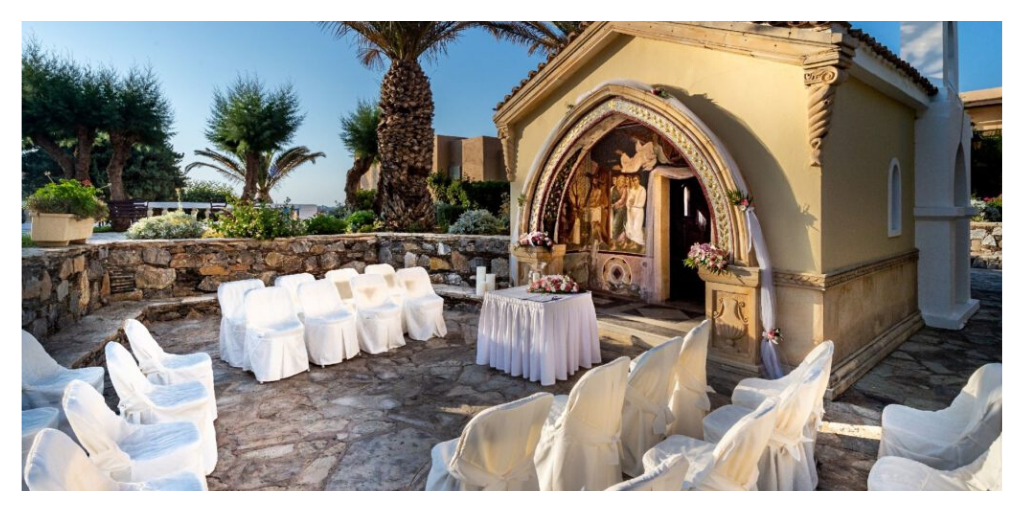Cretan Remarkable Social Events

Crete has a wealth of local customs and every moment of the year is important and meaningful.
Characteristically, in many cases customs can vary from village to village but what’s important is that together they form a harmonious puzzle that lends a distinct character.
Every event can become a celebration, regardless of whether it’s a social event such as a wedding, or a farming or livestock job such as harvesting or sheep shearing. Every custom is performed in a unique way and almost all customs date back to centuries ago and continue until today.
Worth noting is that in Crete, throughout the year, but mainly during the summer season, thousands of festivals take place in every corner of the island, as religious festivals are a significant part of Cretan. Almost every day during the summer season there are traditional celebrations taking place in various parts of the island with live music and Cretan rituals.
Cretan festivals are dominated by authentic Cretan music with traditional musical instruments such as the lyra and the lute. Cretan music has its own unique sound and rhythm and in combination with the distinctive Cretan dances, can express heroism, joy and even mourning. It’s a fact that the Cretan dances with their traditional costumes are truly impressive and full of bravery and pride.
Cretan wedding and baptism ceremonies
Two remarkable social events, which are at the same time fundamentally important customs, are the Cretan wedding and baptism ceremonies that take place in a distinctive way and can last several days.
Preparations begin many days before the wedding when relatives and friends send out their initial gifts, which traditionally is a basket of local produce such as oil, cheese, wine and potatoes.
Two days before the wedding, the groom invites friends and relatives to the pre-wedding celebration, where guests present him with things that he will need for the wedding reception, popular foods and Cretan delicacies.

The party continues into the early hours of the morning.
On the eve of the wedding, family and friends help transport the bride’s dowry to the groom’s home. All the bride’s belongings are loaded onto decorated horses which are followed by a procession of relatives and friends, to the accompaniment of gunshots and traditional Cretan rhyming songs.
After the ceremony, the couple arrives at the groom’s home where his mother feeds the bride honey and walnuts for fertility and then carves a cross on the door, while the bride drips honey at the entrance and breaks a pomegranate, to ensure the wedding is sweet like honey and fruitful like the pomegranate.
Friends and relatives gather in where the wedding reception party will take place and joyfully welcome the new couple with songs, while during the celebration they embrace them and offer them money in a small envelope, to help the couple financially in their new life together.
The baptism ceremony takes place in much the same way. A baptism is the most sacred of moments, because as well as baptizing and deeming the child a Christian, two families are united forever. One of these families is the parents of the child and the other is the child’s godfather or godmother, who from that moment on are known as the ‘spiritual parents’ and are responsible for the child’s moral upbringing and education. From that moment on, the child’s parents and the godparents are considered one extended family.
The baptismal celebrations after the church service are similar to those of a wedding, filled with Cretan music, dancing and a feast of traditional local dishes.
To further explore the Cretan traditions, the local food and delicacies, you should reserve your stay at one of the most family-friendly hotels in Crete, the Rithymna Beach hotel.
Recommended For You
Secrets to an Amazing Video Interview
Most Inside
Most Inside offers high-quality recommendations and valuable updates to enhance all aspects of your life, providing premium guidance and enriching experiences.




